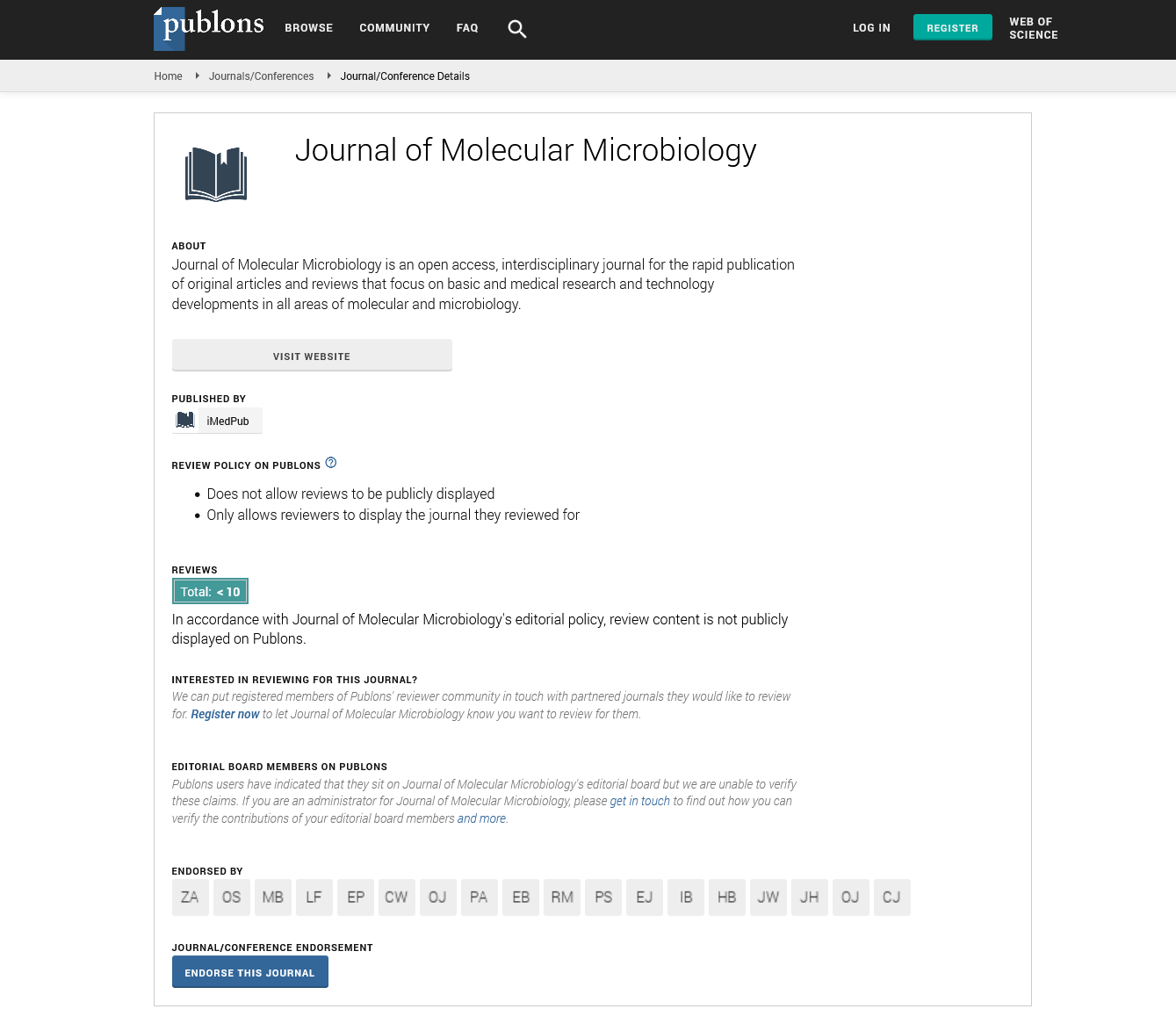Abstract
Evaluating the impact of peer support and connection on the quality of life of patients with familial chylomicronemia syndrome (FCS)
Synopsis: FCS is a rare genetic disease characterized by extreme hypertriglyceridemia due to high chylomicron accumulation in the plasma. Burden of illness previously reported in the In FOCUS study, showed patients with FCS report psychosocial symptoms including anxiety, fear/worry, cognitive impairment, and physical symptoms including fatigue, abdominal pain, acute and recurrent pancreatitis. Community support and mentorship, either in-person interactions or online patient/caregiver forums, play an important role in helping patients manage their rare disease needs and associated psychosocial challenges. There is little current research assessing the impact of being connected to FCS-specific networks on the quality of life (QoL) in patients with FCS.
Objective: Assess the possible impact of connections and patient/caregiver engagement with patient advocacy groups and social media platforms on QoL of patients with FCS.
Methods: A web-based survey was designed to assess the level of social connectedness for patients/caregivers. Participants identified as having FCS or caregivers for FCS patients, were classified as being ‘actively’ (participating ≥once every 2wks) or ‘passively’ (participating
Results: Preliminary data, from limited participants (n=10), indicate that 70% of respondents were actively connected to peers via FCS-specific networks. Time spent connected to various networks ranged from 7.8-24 months. Respondents reported better overall health after being connected to FCS-specific networks. Patients reported improvements in mental, emotional/ psychosocial symptoms related to FCS after being connected. Early data from connected patients showed a trend towards improved social relationships, and higher QoL satisfaction. Evidence from preliminary data indicates respondents show atrend towards reduction in perception of FCS severity.
Conclusion: Preliminary self-reported data indicates support/connection through FCS-specific networks show a positive trend in improving overall health and social relationships, and reducing anxiety levels and depression in patients with FCS and their caregivers.
Author(s): Gilstrap A
Abstract | PDF
Share This Article
Google Scholar citation report
Citations : 86
Journal of Molecular Microbiology received 86 citations as per Google Scholar report
Journal of Molecular Microbiology peer review process verified at publons
Abstracted/Indexed in
- Google Scholar
- Publons
Open Access Journals
- Aquaculture & Veterinary Science
- Chemistry & Chemical Sciences
- Clinical Sciences
- Engineering
- General Science
- Genetics & Molecular Biology
- Health Care & Nursing
- Immunology & Microbiology
- Materials Science
- Mathematics & Physics
- Medical Sciences
- Neurology & Psychiatry
- Oncology & Cancer Science
- Pharmaceutical Sciences
